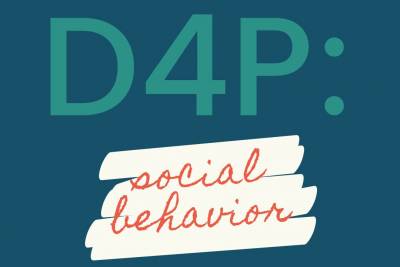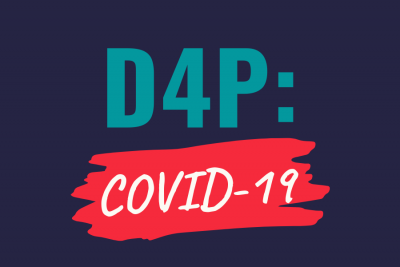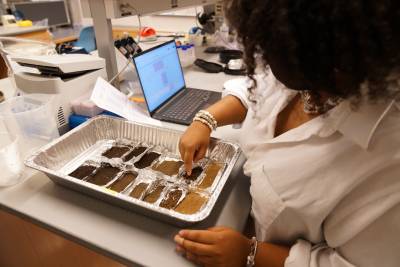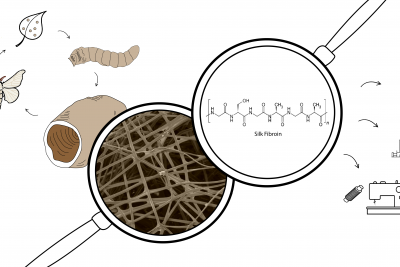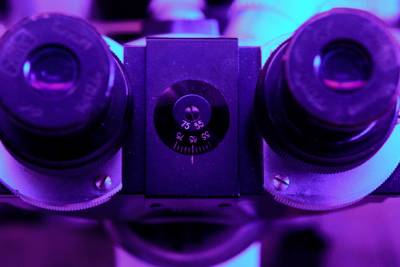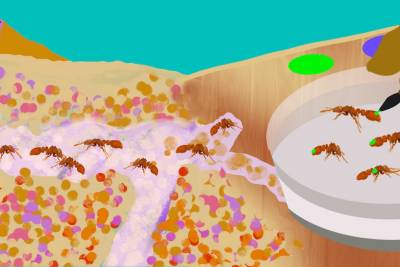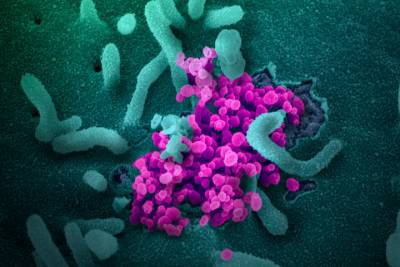D4P: People and Medicine Webinars
You can find all of the episodes in our People and Medicine season of D4P below! Each episode was presented by a scientific trainee — either a graduate student or a postdoc — who is also passionate about science communication and engagement. You can learn more about each presenter by visiting our D4P season 3 fellows page.
For each of the People and Medicine D4P pages below you can view the video from each webinar, read a short summary of the main ideas presented, and download a discussion guide to aid educators in discussing these papers with their learners.
Past D4P Webinars
How do different cell types play a role in the development of prostate cancer?
For as long as humans have been around, we’ve sought to understand how our bodies work and get better at healing our illnesses. While this curiosity has enabled some life-changing discoveries, including antibiotics and vaccines for once deadly infections, many diseases still elude our grasp.
During this season of D4P, we explored the science of how we study ourselves, and how our complexity, both as biological systems and as people with unique lives and identities, creates challenges and opportunities for improving human health. We drew throughlines from the past to the present, examining how historical biases and power structures have influenced the way scientific knowledge is generated, valued, and transformed into medical advances. Drawing from recent research, we considered the question “how do we study ourselves?” through topics like the ethics of genome sequencing studies, the rationale for gender- and race-balanced clinical trials, and the role of social inequities in healthcare access and outcomes. We also explored new, innovative practices–from designing experiments that more closely match our biology to uniting patients and scientists in the study of rare diseases–to ask the next, even more important question: “how do we get better at it?”
Improving genomic research through partnering with Indigenous Communities
For as long as humans have been around, we’ve sought to understand how our bodies work and get better at healing our illnesses. While this curiosity has enabled some life-changing discoveries, including antibiotics and vaccines for once deadly infections, many diseases still elude our grasp.
During this season of D4P, we explored the science of how we study ourselves, and how our complexity, both as biological systems and as people with unique lives and identities, creates challenges and opportunities for improving human health. We drew throughlines from the past to the present, examining how historical biases and power structures have influenced the way scientific knowledge is generated, valued, and transformed into medical advances. Drawing from recent research, we considered the question “how do we study ourselves?” through topics like the ethics of genome sequencing studies, the rationale for gender- and race-balanced clinical trials, and the role of social inequities in healthcare access and outcomes. We also explored new, innovative practices–from designing experiments that more closely match our biology to uniting patients and scientists in the study of rare diseases–to ask the next, even more important question: “how do we get better at it?”
How can we use contemporary laboratory methods to study human disease?
For as long as humans have been around, we’ve sought to understand how our bodies work and get better at healing our illnesses. While this curiosity has enabled some life-changing discoveries, including antibiotics and vaccines for once deadly infections, many diseases still elude our grasp. During this season of D4P, we explored the science of how we study ourselves, and how our complexity, both as biological systems and as people with unique lives and identities, creates challenges and opportunities for improving human health. We drew throughlines from the past to the present, examining how historical biases and power structures have influenced the way scientific knowledge is generated, valued, and transformed into medical advances. Drawing from recent research, we considered the question “how do we study ourselves?” through topics like the ethics of genome sequencing studies, the rationale for gender- and race-balanced clinical trials, and the role of social inequities in healthcare access and outcomes. We also explored new, innovative practices–from designing experiments that more closely match our biology to uniting patients and scientists in the study of rare diseases–to ask the next, even more important question: “how do we get better at it?”
What social factors do we need to consider when conducting research on humans?
For as long as humans have been around, we’ve sought to understand how our bodies work and get better at healing our illnesses. While this curiosity has enabled some life-changing discoveries, including antibiotics and vaccines for once deadly infections, many diseases still elude our grasp.
During this season of D4P, we explored the science of how we study ourselves, and how our complexity, both as biological systems and as people with unique lives and identities, creates challenges and opportunities for improving human health. We drew throughlines from the past to the present, examining how historical biases and power structures have influenced the way scientific knowledge is generated, valued, and transformed into medical advances. Drawing from recent research, we considered the question “how do we study ourselves?” through topics like the ethics of genome sequencing studies, the rationale for gender- and race-balanced clinical trials, and the role of social inequities in healthcare access and outcomes. We also explored new, innovative practices–from designing experiments that more closely match our biology to uniting patients and scientists in the study of rare diseases–to ask the next, even more important question: “how do we get better at it?”

